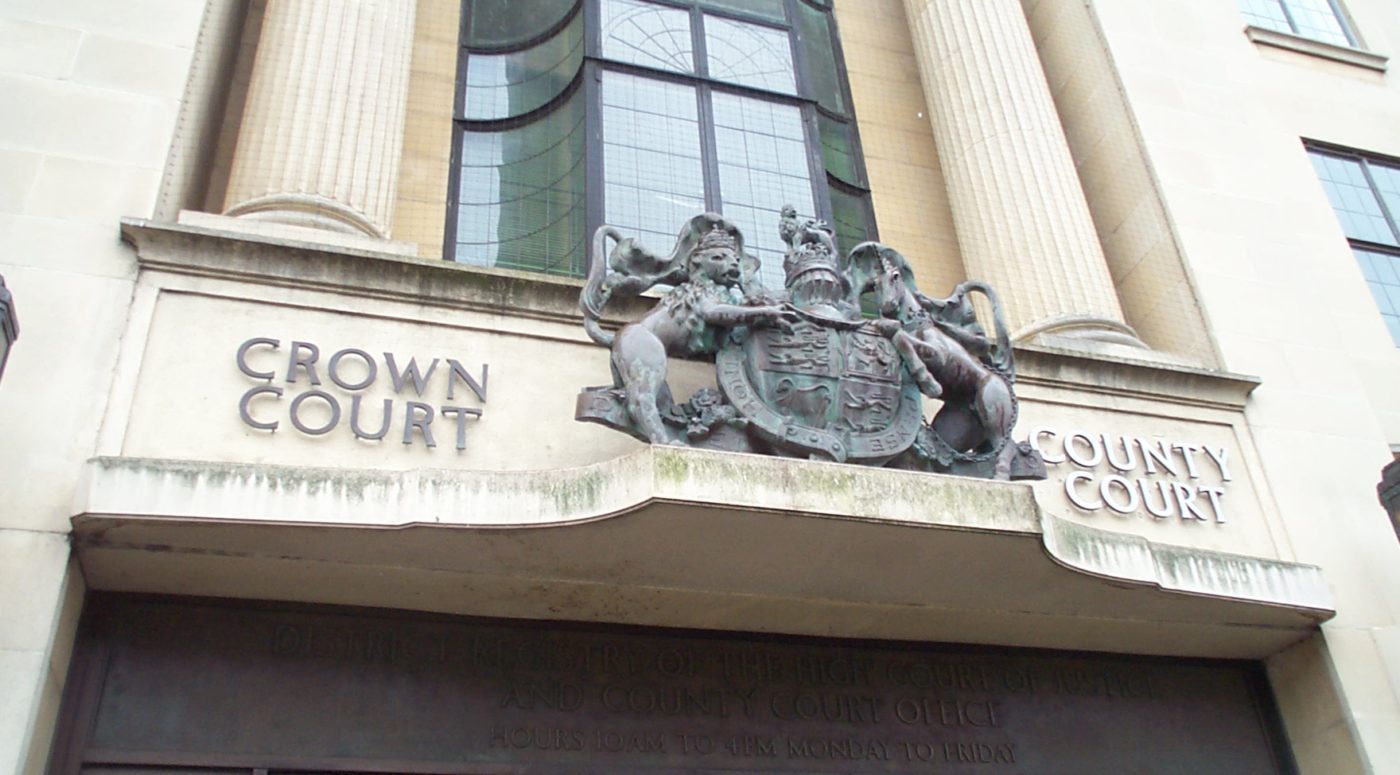

Carbon credit fraud is a complex criminal offence with significant consequences under the laws of England and Wales. If you or a loved one is facing charges for carbon credit fraud or is already being prosecuted as a first-time offender, it is essential to gain a thorough understanding of the offence and its implications. In this article, we will delve into the offence of carbon credit fraud, providing answers to some of the most frequently asked questions.
What is the offence of carbon credit fraud?
Carbon credit fraud is a complex and evolving area of English law. At its core, carbon credit fraud involves the misuse of carbon credits, which are tradable certificates that prove a government or company has paid to have a certain amount of carbon dioxide removed from the environment. This industry is open to fraudulent activity due to its lack of central regulation and different values of credits in different jurisdictions.
The most common forms of carbon credit fraud in the UK include the selling of illegitimate credits, the MTIC (Missing Trader Intra-Community) scam, and boiler room frauds. The MTIC scam involves the appearance of legitimate trading, which allows companies to reclaim VAT paid on purchases of credits along a fraudulent chain. Boiler room frauds are schemes in which investors are persuaded to buy carbon credits at inflated prices with the promise of high returns, but the credits often have no secondary value and cannot be sold on.
In terms of legislation, carbon credit fraud can fall under a range of offences, including conspiracy to defraud and fraud by false representation. These offences are either common law offences, or they are governed by the Fraud Act 2006. In order to secure a conviction for these offences in relation to carbon credit fraud, the prosecution must demonstrate that the defendant had knowledge about the illegitimate provenance or purpose of the credit or transaction. They must also demonstrate that the defendant acted dishonestly, intending to make a gain for themselves or another, or to cause loss or risk of loss to another.
What are some examples of carbon credit fraud?
Examples of this offence include:
- False documentation – creating fake or inflated documentation to support the issuance of carbon credits that do not correspond to actual carbon reduction activities.
- Double counting – selling the same carbon credits multiple times to different buyers, effectively inflating the number of credits in circulation and deceiving investors.
- Nonexistent projects – claiming carbon credits from projects that do not exist or have not undergone the necessary verification processes.
- Offsetting emissions without verification – offering carbon offset services without proper verification of the claimed emissions reductions, leading to the sale of invalid or unverifiable credits.
- Misrepresentation of project scope – misleading investors by exaggerating the scale or effectiveness of carbon reduction projects to sell more credits than what is realistically achievable.
- Identity theft – impersonating individuals or organisations involved in legitimate carbon credit projects to gain access to credits and sell them on the black market.
- Bribes and corruption – engaging in corrupt practices to obtain carbon credits, such as offering bribes to officials or manipulating the verification process.
- Lack of transparency – failing to provide investors with accurate and detailed information about the carbon credit projects, their progress, and the potential risks involved, thereby misleading investors and concealing fraudulent activities.
What happens if you are suspected of committing carbon credit fraud in the UK?
The act of trading carbon credits is not in itself illegal, but fraudulent practices can arise in this area, often involving small investors who purchase a small amount of credits and find them almost worthless when trying to compete on the market where large companies trade millions of credits.
As already discussed, carbon credit fraud is a grave crime in the UK. It involves an individual or entity intentionally misleading parties involved in carbon trading to gain financial benefits they aren’t entitled to, or neglecting to report changes in circumstances affecting their entitlement to carbon credits. Cases are typically handled by the Financial Conduct Authority (FCA) and local authorities, but the police and other authorities can get involved in more severe instances.
If you are suspected of committing carbon credit fraud in the UK, the following process is generally followed:
- Initial investigation. If suspected of carbon credit fraud, authorities will initiate an investigation. This process may involve inspecting records and data, surveillance, and interviewing personal or business acquaintances. You may also be interviewed under caution, meaning anything you say could be used as evidence against you. Remember, it is your right to have a solicitor present during this interview and this is highly recommended, even if you are claiming innocence and wish to make it seem like you have nothing to hide.
- Interview under caution. If there is substantial evidence suggesting carbon credit fraud, you will likely be called for an ‘interview under caution’. You are allowed to – and indeed should – bring a solicitor to this meeting. Anything stated during the interview can be used as evidence in court, so having a solicitor is imperative to avoid self-incrimination or a misunderstanding about complex facts.
- Decision on action. After the investigation, a decision will be made on the action to take. This could vary from an administrative penalty (a fine), a caution, prosecution, or no action if there is inadequate evidence.
- Court process. If there is sufficient evidence for the prosecution to secure a conviction, you will likely be prosecuted. The case will likely be heard in the Crown Court.
- If found guilty, the court will consider numerous options when deciding your sentence. This could involve repayment of the fraudulently obtained carbon credits, a fine, a community order, or imprisonment. The maximum sentence for carbon credit fraud is not specifically determined by legislation, but if it falls under fraud by false representation or conspiracy to defraud, it could be ten years’ imprisonment at a maximum.
If you are facing a charge or prosecution for carbon credit fraud, it is critical that you seek advice from an experienced solicitor who can guide you through the intricacies of the case.
What is the sentence for carbon credit fraud in the UK?
Carbon credit fraud, a complex form of financial crime that emerged with the advent of carbon trading schemes, is a significant concern for the UK Government and accordingly attracts some harsh penalties. Given the complexity and evolving nature of carbon trading schemes, the specific criminal penalties can vary based on the nature of the fraudulent activity. Generally speaking, if you are found guilty of carbon credit fraud, even as a first time offender, you could face around 5-10 years’ in prison.
As with other forms of fraud, judges will consider a range of factors when determining the sentence for a carbon credit fraud offence. This includes: the offender’s culpability and the level of harm caused by the offence.
Aggravating factors that could lead to a harsher sentence include: the offence being part of a larger organised crime scheme; this being a repeat offence; other crimes being committed alongside the fraud; and a severe impact on the victims. Mitigating factors that could reduce a sentence include: this being a first-time offence; the offender showing remorse or attempts to rectify the harm caused; good character or exemplary conduct in other areas; the offender’s young age or lack of maturity; and whether the original scheme was legitimate but was exploited for fraudulent purposes.
In instances of carbon credit fraud, as with other types of fraud, a confiscation order may be issued under the Proceeds of Crime Act 2002 if it is determined that the offender still possesses items obtained through the fraud.
Will I go to prison if it is my first time committing carbon credit fraud?
It is hard to tell whether an individual will face imprisonment for their initial offence of carbon credit fraud. Undoubtedly, this offence is highly serious, and judges rarely entertain the idea of suspending sentences for such elaborate schemes.
Nevertheless, first-time offenders possess an advantage simply because it is their first crime. This being an offender’s first offence is generally regarded as a mitigating factor in almost all cases. Consequently, regardless of the sentencing guidelines, the first-time nature of the offence can result in a reduced sentence, possibly by several months or even years.
Determining whether a first offence of carbon credit fraud will lead to imprisonment is difficult, so seeking advice from a seasoned carbon credit fraud defence solicitor is your best bet. A legal expert can provide insights into the typical handling of similar cases, assess the strength of your defence, and identify any additional mitigating factors that may influence the final outcome.
Where to get further help
When you or someone close to you is accused of or being tried for carbon credit fraud, you probably have multiple worries and questions about what lies ahead. Seeking early guidance from legal experts can make a significant difference in these cases. At Stuart Miller Solicitors, we may even be able to prevent the case from proceeding to trial and secure a dismissal, especially for first-time offenders. Get in touch with our team today for a free, friendly, and no-obligation consultation.
OUR COMMITMENTS TO YOU:
-
Responsive
A legal expert will consult you within 24 hours of making an enquiry.
-
Empathetic
We will always treat you with trust, understanding and respect.
-
Specialised
Your case will be handled by an expert who specialises in your type of offence.
-
Proactive
We will take early action to end proceedings as soon as it is practically and legally possible to do so.
-
Engaged
You will be kept updated on your case at all times. We will provide a named contact available to answer your questions.
-
Caring
We understand this is a difficult and stressful time for you and your family. Our team will support you every step of the way.
-
Tenacious
We will never give up on your case. We fight tirelessly to get you the best possible outcome.
